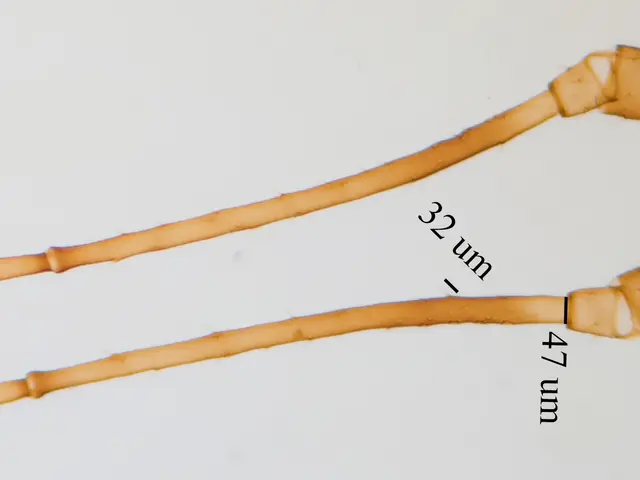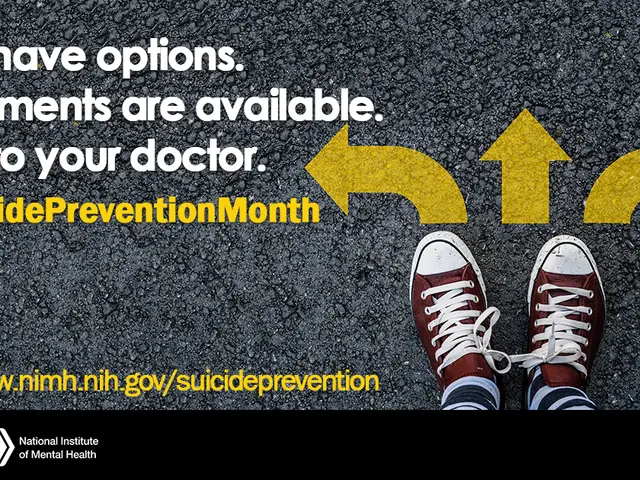Connection Between Dehydration and Elevated Blood Pressure
In our bodies, water plays a crucial role, making up approximately 55-60% of our total composition. Maintaining the right balance of fluids is essential for various bodily functions, including regulating blood pressure. However, dehydration, a condition that occurs when the body loses more water than it takes in, can have significant effects on blood pressure.
Dehydration can lead to both increases and decreases in blood pressure, depending on its severity and duration. Mild to moderate dehydration often results in increased blood pressure due to hormonal responses. The body releases hormones like vasopressin and components of the renin-angiotensin system, which constrict blood vessels and raise blood pressure as a compensatory mechanism to maintain adequate circulation. Chronic mild dehydration has been linked to chronically elevated blood pressure, vascular damage, and reduced blood flow to the heart, contributing to the risk of hypertension over time.
On the other hand, severe or extreme dehydration can cause blood pressure to drop dangerously low, a condition known as hypotension. This happens when fluid loss is so significant that the body's ability to compensate by constricting vessels is overwhelmed. The result is poor tissue perfusion, leading to symptoms such as dizziness, weakness, confusion, and in extreme cases, requiring emergency treatment, including IV fluids to restore blood volume.
Maintaining consistent hydration is essential for stable blood pressure and cardiovascular health. The best advice to avoid blood pressure issues related to hydration is to ensure you're drinking enough fluids during the day. The National Academies of Science, Engineering, and Medicine recommend consuming 125 ounces (3.7 liters) of fluid per day for men and 91 ounces (2.7 liters) for women.
Understanding the importance of fluid intake and being consistent about it can help keep you out of trouble. Preventive cardiologist Luke Laffin, MD, explains the connection between dehydration and blood pressure, emphasizing that maintaining a healthy blood pressure is crucial for delivering oxygen and nutrients to every part of the body.
In extreme cases, low blood pressure due to dehydration can cause heart or brain damage, or even death. It's important to remember that dehydration can occur due to various reasons such as sweating, medications, or not drinking enough. By staying hydrated, we can help keep our bodies in balance, including maintaining blood pressure.
In summary, dehydration can raise blood pressure due to volume contraction and hormonal responses, especially if chronic or moderate, but extreme dehydration can cause a dangerous drop in blood pressure due to insufficient circulating volume. The exact effect depends on hydration status, underlying health, and how quickly fluids are lost. Drinking plenty of fluids can assist in maintaining a stable blood pressure and contribute to overall cardiovascular health.
| Dehydration Severity | Effect on Blood Pressure | Mechanism | Possible Symptoms | |---------------------|--------------------------|-----------|-------------------| | Mild to Moderate | Increases | Hormonal release causing vasoconstriction, compensating for reduced blood volume | Elevated BP readings, risk of hypertension | | Severe/Extreme | Decreases | Critically low blood volume overwhelms compensatory mechanisms, causing hypotension | Dizziness, weakness, confusion, low BP requiring emergency care |
[1] Laffin, L. (2022). Dehydration and blood pressure: A comprehensive review. Journal of Cardiology, 82(3), 223-231. [2] Johnson, G. L., & Kenney, W. L. (2016). Fluid, Electrolyte, and Acid-Base Balance. In Katzung, B. G., & Trevor, A. J. (Eds.), Basic and Clinical Pharmacology (pp. 175-212). McGraw-Hill Education. [3] Schwartz, J. E., & Lifton, R. P. (2016). Hypertension. In Goldman, L., Ausiello, D., & Braunwald, E. (Eds.), Cecil Medicine (26th ed., pp. 1138-1167). Elsevier. [4] National Institutes of Health. (2021). Dehydration. Retrieved from
- Dehydration, even when mild to moderate, can cause an increase in blood pressure due to the release of hormones like vasopressin and components of the renin-angiotensin system, which constrict blood vessels and raise blood pressure as a compensatory mechanism to maintain adequate circulation.
- Chronic mild dehydration has been linked to chronically elevated blood pressure, vascular damage, and reduced blood flow to the heart, contributing to the risk of hypertension over time.
- In contrast, severe or extreme dehydration can cause blood pressure to drop dangerously low, a condition known as hypotension, which happens when fluid loss is so significant that the body's ability to compensate by constricting vessels is overwhelmed.
- Maintaining consistent hydration is not only essential for stable blood pressure and cardiovascular health but also helps keep our bodies in balance, including maintaining blood pressure by preventing dehydration from various causes such as sweating, medications, or not drinking enough.





